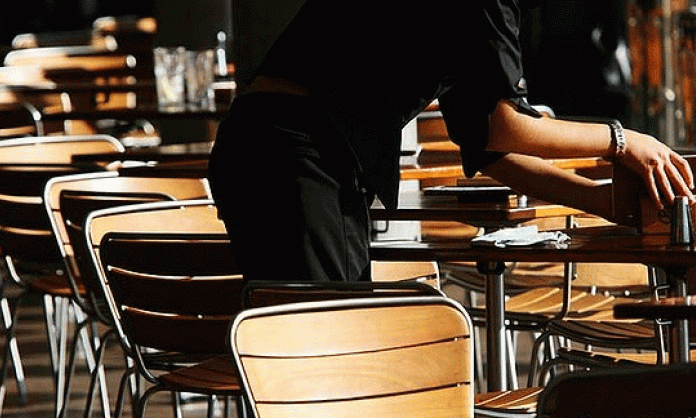Australian capitalists are nothing if not cultured. They have their unique practices and observances just like the rest of us.
One of the most important has just passed: the period for submissions to the national minimum wage case – a gruelling three months in which the richest people in the country have to find a way to cry poor and predict their own ruin should the lowest paid receive a cent more.
Going without the Rolex and pretending to know the difference between oriental and beef two minute noodles takes effort and dedication, so when it’s all over, just like with Ramadan or Lent, the rich have earned the right to relax and celebrate.
Traditional festivities revolve around the release of the Business Review Weekly Executive Rich List, which this year was published just hours after the close of submissions to the national minimum wage case.
And what a party starter it proved to be. The 2014 list reports an increase of 16.7 percent in the wealth of the top 100 executives in Australia. Their average annual baseline remuneration is currently $3.2 million, up from $2.7 million in 2013 and $1.9 million the year before.
The top 20 alone possess a combined shareholding wealth of $29.726 billion. If we add to that the wealth of the five richest non-ASX listed company executives, the richest 25 bosses in Australia have a combined wealth of $73.976 billion.
The amount of housing for refugees, health services for Aboriginal people and care for children and the elderly which that sum could provide exposes the utterly grotesque and criminal nature of inequality in Australia.
But this doesn’t bother the bosses. The peak employers’ body, the Australian Chamber of Commerce and Industry, argued in its wage case submission to increase the minimum wage by less than half of the CPI inflation rate (a pay cut in real terms), or preferably defer an increase altogether.
The Australian Industry Group, Business Council of Australia and federal government have followed suit. Several restaurant and hotel industry groups have argued for an outright wage freeze (as happened in 2009), despite an 11 percent increase in restaurant industry turnover, and wages in the industry already being at poverty levels.
Meanwhile, 1.5 million people struggle to survive on the minimum wage. Over the last three decades, their relative living standards have deteriorated, the minimum wage as a proportion of average weekly earnings dropping from 65 percent in 1984 to just 43 percent today.
In real terms, it is lower today than it was in the early 1980s.
Such gross inequality does not stop highly paid politicians and CEO lobby groups pushing to hold down or freeze the pay of low paid workers. And like any other band of greedy criminals, they rely on threats and intimidation to get their way.
ACCI chief John Osborn has argued that workers will lose their jobs, and the restaurant and hotel industry has warned that it will shut down, should the minimum wage increase.
In other words, the bosses will use their economic power to sabotage the economy and further impoverish workers if their profits are threatened.
This has been the bosses’ mantra against every improvement in living standards for workers throughout the history of capitalism – from equal pay for women to paid toilet breaks. Of course, when workers do the same, such as threatening to strike for higher wages, they are decried as wreckers and criminal thugs.
Such double standards reveal something fundamental and fundamentally wrong about capitalism: the success of business depends on and demands poverty for the vast majority. Profits come directly at the expense of workers’ living standards.
Such a system cannot be the basis for a decent society. The alternative, of course, is to dispense with the profit motive altogether and organise production democratically according to the needs of the majority.
That’s what socialism is all about. This time of year really makes you want to fight for it.









